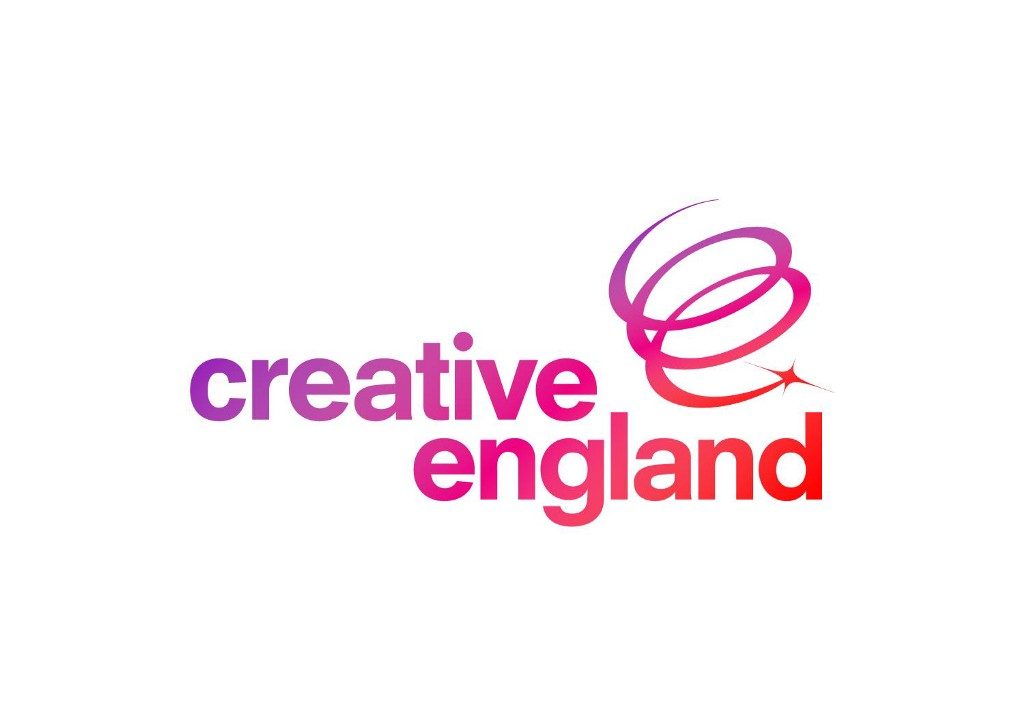Despite “diversity” being everyone’s favorite word in the film and TV
industry these days, we seem to be making little headway moving towards it. Last year’s Sex and Power Report showed us that the bastions of private and public power in the U.K. continue to be un-representative. We have no female CEOs running our major
broadcasters. Only 11% of U.K. banks are led by women. Women represent 12% of the
top 250 FTSE company board directors and only 14% of university vice chancellors. The film and TV sector doesn’t fare well either. Only 13% of drama
series and 8% of entertainment and comedy shows were directed by women in the
last two years.
One fifth of films at the BFI London Film Festival
this year will be directed by women, including Sarah Gavron’s “Suffragette,” which will open the festival. Festival Director
Clare Stewart declared 2015 “the year of strong women.” But this is the same 20% representation seen at Toronto this year. While
those numbers are a move in the right direction, we know that women directors, writers and
producers still struggle to get a foothold in the industry.
At Creative England
we believe passionately that finding new voices and ensuring diversity — be
that of gender, ethnicity, class, location or socio-economic background — are key
to our industry’s growth. This is why Creative England’s mandate to support
talent outside of London is crucial. It is incredibly difficult to achieve real
progress on diversity without broad and distinctive action, and that means
looking outside the usual places and reaching out in new ways. We need a real
shift in terms of where we think talent comes from.
As Chief Executive of a company that supports
new talent, I am often asked about quotas, targets and “special measures” to
address inequality, and I have to admit to holding conflicting views. There have
been some stand-out examples of where quotas have worked. EMILY’s list, for
example, which raises funds to back female Democratic
candidates in the U.S. and stands for Early Money is Like Yeast, has led the way in
what seems now to be an unstoppable engine towards achieving better gender representation
in U.S. politics. Yet polls persistently show that the public in general is
against diversity shortlists and “special measures.” There is also an understandable
desire, especially in industries where individual creativity is at the heart of
each job, for achievement and promotion to be on the basis of merit.
At Creative England we have invested in some
impressively creative and determined female filmmakers, including Rachel Tunnard, who is currently making her first feature, “How to Live Yours,” as a follow-up to
her BAFTA-nominated short “Emotional Fusebox.” We’ve also funded Esther May Campbell, director of
“Light Years,” which premiered at Venice Days, and Chanya Button, whose first
feature debuts shortly at the London Film Festival.
iFeatures, our non-gendered micro-budget film initiative run in
partnership with the British Film Institute and BBC Films, has greenlit three films with strong female lead characters and filmmaking teams behind them (including one all-female team). Last year we launched iShorts + “Funny Girls” in partnership
with Baby Cow and Big Talk, which was focused solely on female writers and
directors in the comedy genre because we felt we had to address under-representation
in that part of the industry. We had a phenomenal response to the program and
look forward to releasing these comedic short films in the near future.
I know that people want to be judged by their
own virtues, but I have seen target-setting and quotas work. And perhaps that is
what is needed for women to get ahead. I
certainly don’t have all the answers, but I know from my own experience that
walking the talk on diversity is not cheap. It’s hard to get right, and it takes
a lot of time. And frankly, that’s why a lot of companies don’t bother. We live
in a global community, and we sell to that global community.
Whatever happened
to the old adage “follow the money”? In Hollywood that phrase seems to fall on
deaf ears, as studio after studio continues to ignore the massive female
market. Surely everyone knows that there are sound business and economic
reasons to have a diverse workforce, that it’s as much a smart financial move as it is a moral imperative? It
is new voices and different experiences, perspectives and stories that keep our
industry fresh, vibrant and relevant.
And while we all
will continue to use a variety of means to increase diversity, I am reminded of
a quote from filmmaker Kathryn
Bigelow, who said “If there’s specific resistance to women making movies, I just
choose to ignore that as an obstacle for two reasons: I can’t change my gender,
and I refuse to stop making movies.”
Caroline Norbury MBE is the founding Chief
Executive of Creative England and dedicated to championing the creative
industries. Creative England invests in and supports creative ideas, talent and
businesses in film, TV, games and digital media.







